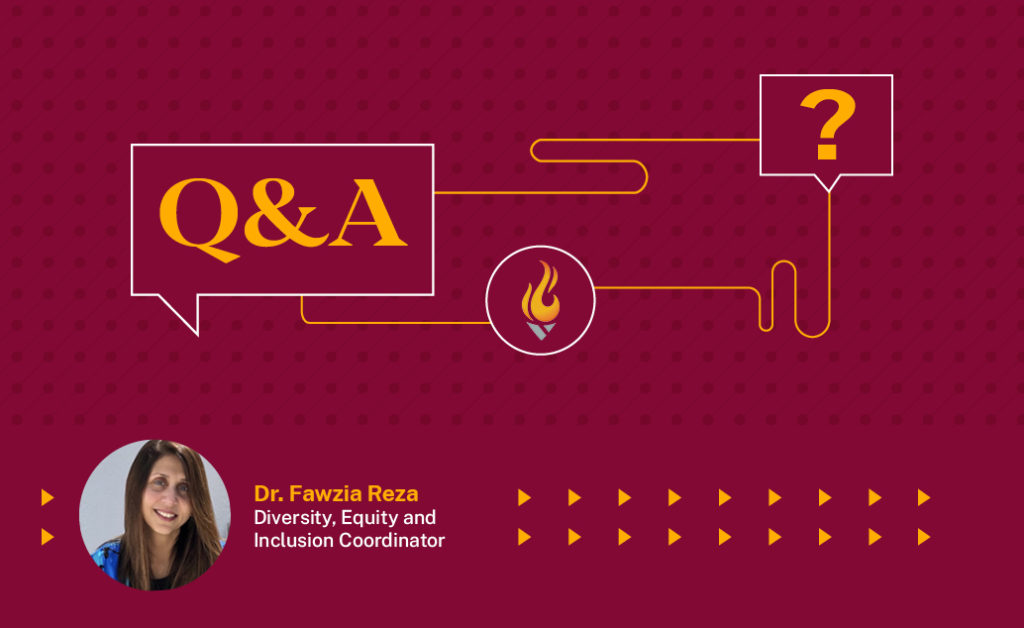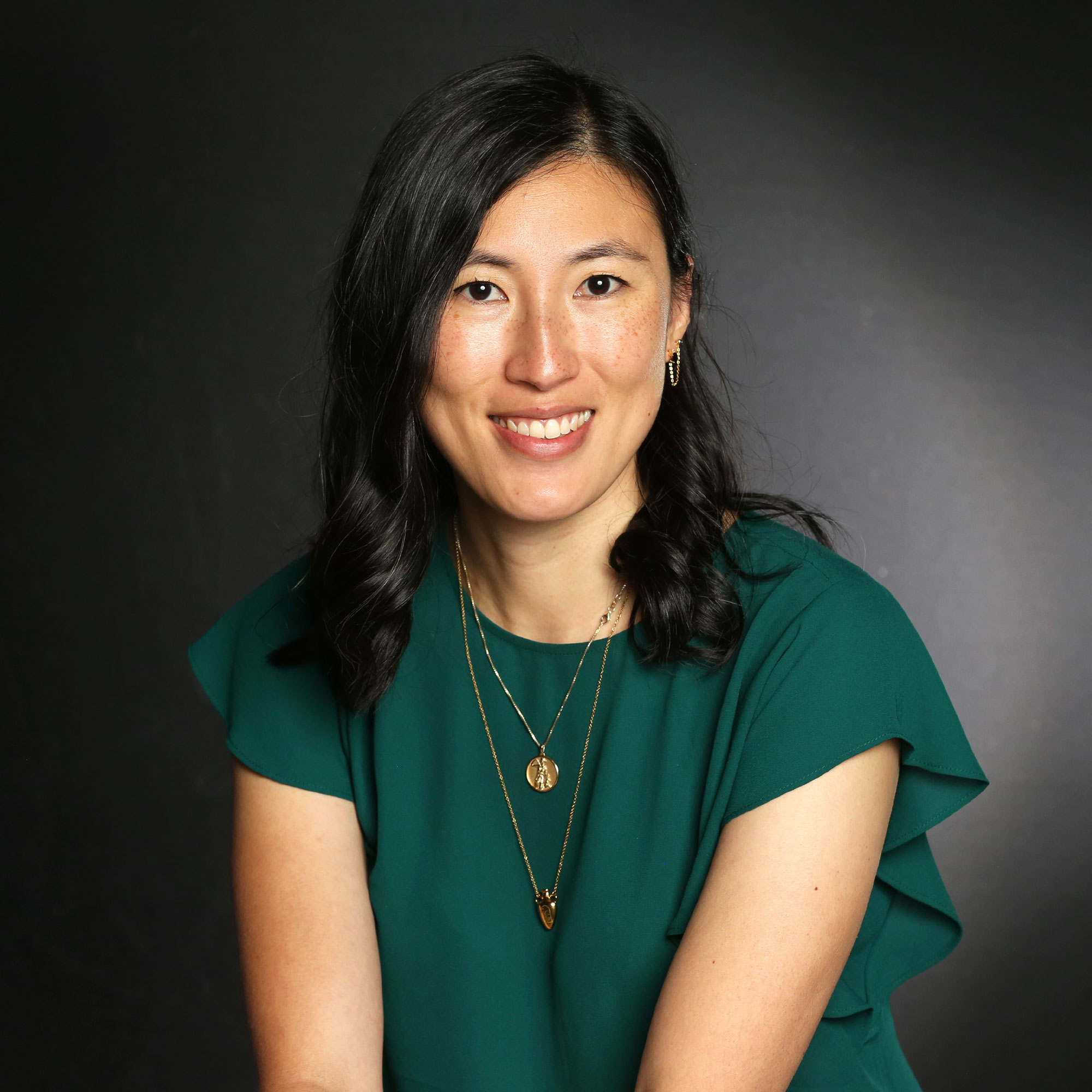
Understanding the importance of diversity and inclusion is something every professional should make time for. American College of Education’s Micro-credential in Diversity and Inclusion is a short, three-course program that’s designed to expand your perspective and cultural awareness.
We spoke with creator of the program, Dr. Fawzia Reza – adjunct faculty and ACE’s diversity, equity and inclusion coordinator – to learn more about how this micro-credential can enhance and enrich anyone’s personal and professional life.
ACE: What makes ACE’s Micro-credential in Diversity and Inclusion so special?
Dr. Fawzia Reza (FR): First and foremost, every course is geared towards imparting skills and knowledge that students can use in their own specialized fields. I have students who are in education, healthcare and legal professions. The program offers students the opportunity to expand their understanding and apply the learnings directly within their professional circles.
The assignments also seek to develop concrete professional skills. Instead of asking students to write essays, our students learn how to publish LinkedIn articles, create podcasts, infographics and conduct interviews. While these are secondary objectives, they help our students become more comfortable with using different mediums to express themselves, which can help them further their ideas and expertise.
Each course module has undergone several revisions to ensure that the program is robust and creates greater awareness of how to develop inclusive practices, tolerance and promote collaboration. Since the program was developed recently, each of our required readings are relevant and pertinent to current issues. As an author and researcher, I also share additional articles with students that might provide food for thought or create awareness around challenges within today’s workplace.
Since this micro-credential is accredited, it carries more weight and rigor than programs that have not gone through accreditation. And as with all ACE programs, tuition is low so as many students as possible can benefit from this type of continuing education.
“Employers who create an environment that is safe, respectful and inclusive for their employees reap gains in the form of greater motivation and less employee turnover.”
ACE: What do you hope completers of this micro-credential will able to do with the knowledge they’ve gained?
FR: I hope these courses give them the tools to make a difference and create a climate of inclusivity within their organizations, using the resources we’ve provided to showcase their knowledge about diversity, equity and inclusion. One student who completed the program applied for a job and wrote to me, sharing, “You are a significant reason for me getting the job. Thank you for giving me the vocabulary and framework not only to respond successfully to several of the interview questions, but the tools to help create a diverse and inclusive environment for my students, families and staff.”
ACE: Diversity and inclusion is also an area you can choose to focus on as part of our MBA and our M.S. in Organizational Leadership. It’s a major priority for many businesses today. How do you see diversity and inclusion continuing to play a role in the future of business?
FR: We often associate a good business program as one that provides tools to make businesses more profitable. However, a successful business plan includes more than just a focus on profit. Employers who create an environment that is safe, respectful and inclusive for their employees reap gains in the form of greater motivation and less employee turnover.
Today’s businesses cross borders and are expanding globally. Such expansion mandates organizations to develop greater cultural competence. Unfortunate cross-cultural misunderstandings can occur if employers are not careful. For example, in the US, Canada and UK, people talk to the point, whereas many in eastern cultures use a communication style that can be best described as ambiguous or indirect. Understanding these differences can greatly enhance client-employee relationships and foster more robust interdepartmental and intradepartmental communications. Ignoring them might result in organizational failure and a significant loss to the organization.
With increasing diversity, inclusion has become a pre-requisite for all successful businesses. This micro-credential will help students know how to work effectively with others and understand diverse perspectives.
“One student who completed the program applied for a job and wrote to me, sharing, ‘You are a significant reason for me getting the job.'”
ACE: What are things that ACE students and alumni can do to further amplify diversity and inclusion here at ACE?
FR: There are several things that ACE students as well as alumni can do. Disseminating knowledge so that it reaches a wide audience can lead to greater awareness and change. Students can share the knowledge they have gained through our courses on social media and with their colleagues and families.
Students can also contribute to our DEI newsletter and share their perspectives. Each newsletter revolves around a topic or theme and we encourage our students to contribute their thoughts, experiences and insights. Sharing your knowledge can provide suggestions to others on how to implement better practices.
Finally, students can share their experience with ACE’s D&I program with others. Tell your friends and colleagues, post on social media, write about it in newspapers, magazines, blogs, etc. Help others discover our program so more people have the opportunity to understand the importance of diversity and inclusion.
American College of Education’s online business programs can equip you with the leadership skills and frameworks you need to lead an inclusive team.

